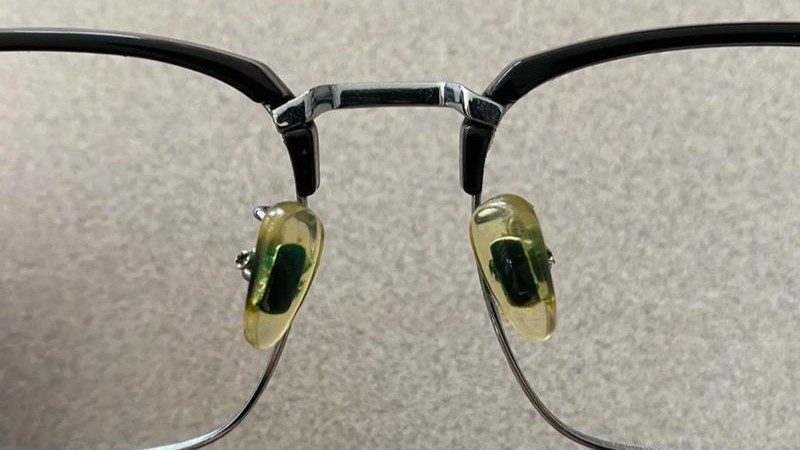Living with Multiple Sclerosis (MS) can be challenging, as the condition affects the central nervous system, causing a wide range of physical and cognitive symptoms. For people with MS, managing these symptoms and maintaining a good quality of life often involves a multidisciplinary approach, with MS rehabilitation playing a key role. Through targeted therapies, rehabilitation helps individuals manage MS symptoms, improve mobility, and maintain independence. In this article, we will explore how rehabilitation can support people living with MS.
1. Understanding Multiple Sclerosis
Multiple Sclerosis is a chronic neurological condition that affects the brain and spinal cord. Symptoms can vary widely, but common challenges include muscle weakness, balance issues, fatigue, spasticity, and cognitive impairments. These symptoms can make daily activities difficult and significantly impact a person’s quality of life.
While there is no cure for MS, effective symptom management is possible through comprehensive rehabilitation programs. These programs are tailored to address each person’s unique needs and focus on improving physical function, reducing pain, and enhancing overall well-being.
2. Physical Therapy for Mobility and Strength
One of the most common ways rehabilitation helps people living with MS is through physical therapy. MS often causes muscle weakness and difficulty with balance and coordination, making mobility a significant challenge. Physical therapists work with patients to improve their strength, flexibility, and endurance.
Exercise programs are carefully designed to match the patient’s abilities and focus on functional movements that make daily activities easier. For example, balance training can help reduce the risk of falls, while strength training exercises target muscle groups that are weakened by MS. By improving mobility and physical function, patients gain more independence in their day-to-day lives.
Physical therapy can also help alleviate spasticity, a common symptom of MS that causes stiffness and involuntary muscle contractions. Stretching exercises and specific movement patterns are used to reduce muscle tightness and improve range of motion, making it easier for individuals to move and perform tasks.
3. Occupational Therapy for Daily Activities
For people with MS, daily activities such as dressing, cooking, and cleaning can become difficult due to fatigue, muscle weakness, or coordination problems. Occupational therapy focuses on helping individuals find practical ways to manage these tasks while conserving energy and reducing strain.
Occupational therapists may suggest assistive devices like grab bars, walkers, or modified kitchen tools that make activities easier and safer. They also teach techniques for pacing and energy conservation, helping patients avoid overexertion and fatigue. By focusing on improving the ability to perform daily tasks, occupational therapy plays a crucial role in maintaining independence and quality of life.
4. Speech Therapy for Communication and Swallowing
Many people with MS experience difficulty with speech or swallowing due to weakened muscles. Speech therapy helps individuals overcome these challenges by providing exercises to strengthen the muscles used for speaking and swallowing. Speech therapists also teach techniques to improve communication, making it easier for patients to express themselves clearly and confidently.
Swallowing difficulties, also known as dysphagia, can lead to more serious health issues if not addressed. Speech therapists work with individuals to prevent complications like choking or aspiration by offering exercises and modifications to the way patients eat and drink.
5. Managing Fatigue with Rehabilitation
Fatigue is one of the most common and debilitating symptoms of MS, affecting nearly all people living with the condition. Rehabilitation can help manage MS-related fatigue by introducing structured exercise programs that improve energy levels, build endurance, and promote better sleep.
In addition to physical therapy, rehabilitation programs often include education about energy conservation techniques. Patients are taught how to manage their activities throughout the day, including balancing periods of activity with rest to prevent overexertion.
By addressing fatigue through rehabilitation, individuals with MS can better manage their energy levels, enabling them to participate more fully in daily life and maintain a more active lifestyle.
6. Cognitive Rehabilitation for Mental Sharpness
Multiple Sclerosis can also affect cognitive functions, such as memory, attention, and problem-solving abilities. Cognitive rehabilitation is designed to help individuals cope with these challenges by offering strategies to improve mental performance. Therapists work with patients on memory exercises, organizational skills, and techniques for maintaining focus.
Cognitive rehabilitation may also include the use of memory aids, like planners or smartphone apps, to help individuals manage tasks and stay organized. By addressing cognitive symptoms, rehabilitation helps people with MS maintain their mental sharpness and stay engaged in both work and social activities.
Living with MS presents many challenges, but rehabilitation offers a path to improved function and quality of life. Through physical therapy, occupational therapy, speech therapy, and cognitive rehabilitation, individuals with MS can manage their symptoms more effectively, maintain independence, and enjoy a higher level of daily functioning. With the right rehabilitation program, people with MS can learn to adapt to their condition and lead fulfilling lives despite the difficulties they may face.
For anyone managing MS symptoms, seeking out a comprehensive rehabilitation program can be a crucial step toward living well with the condition.
It will be a good idea to think about your immune system and quick rehab after a trauma. Search for vitamins for your immune system.




